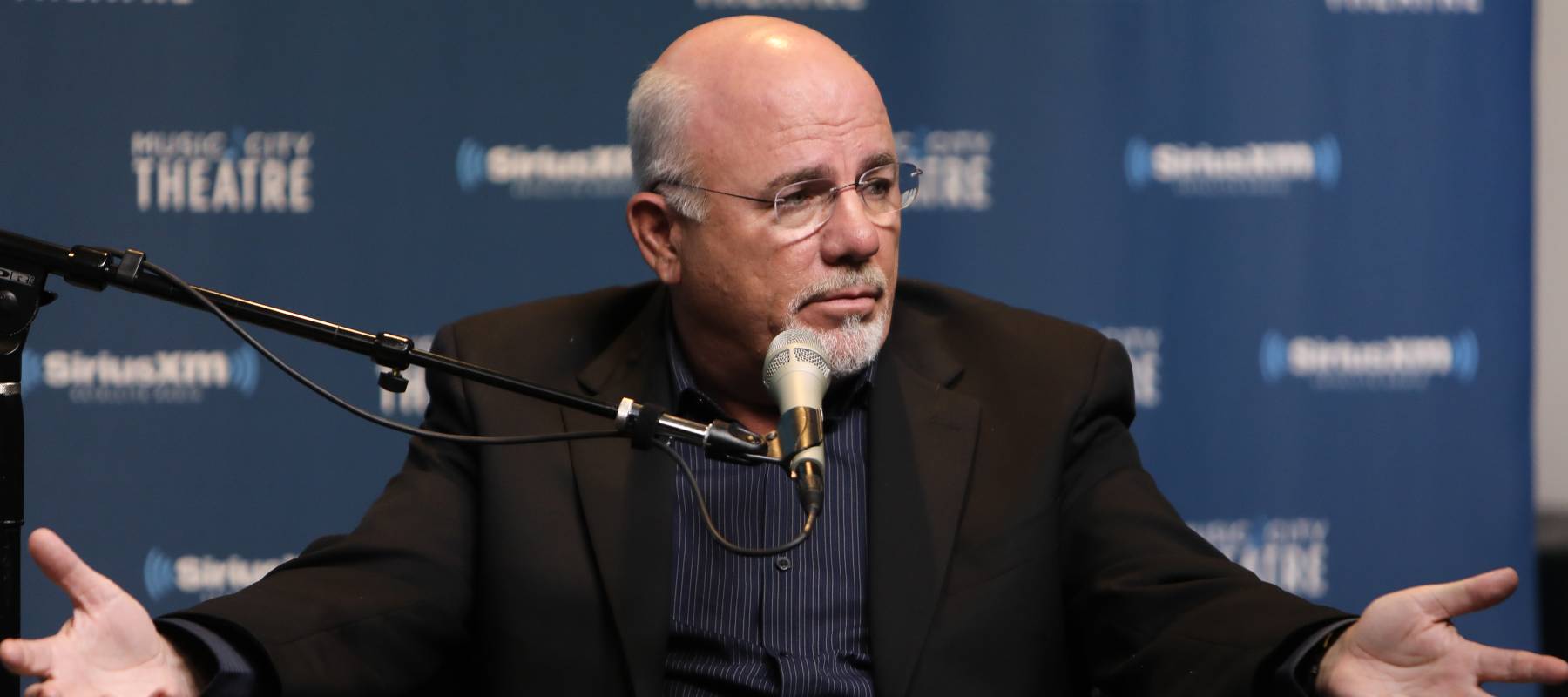To explore your options, let's imagine you're buying a home in a large city for $1 million. You'll have to make a minimum down payment of 20%, leaving you with an $800,000 mortgage.
Let's also imagine you're able to keep a consistent interest rate of 3.5% throughout the 25-year length of the loan.
Having an $800,000 debt hanging over you can be daunting. So how can you speed things up?
1. Make payments more often

Making payments more frequently will allow you to pay down your principal faster and save money in interest charges over the long run. You have lots of options: You can pay monthly, biweekly or weekly and can also accelerate your biweekly or weekly payments by paying a bit more.
In our example, a monthly payment would be roughly $3,990. You could resolve to pay half that amount — $1,995 — every other week instead. Doesn't sound too painful, right?
However, because most months aren't just four weeks (that is, 28 days), taking this biweekly option means that over the course of a year you'd end up making the equivalent of one additional monthly payment. It's a simple, and possibly painless, way to free yourself from your mortgage sooner — and save on interest.
Your payment schedule is set when you sign a contract with your lender, but you can change it when you renew your mortgage. Some lenders will let you change it during the term, so if your mortgage is currently at your cash flow limit but you foresee a raise, shop for a lender that's flexible about adjusting payment schedules.
Empower your investments with Qtrade
Discover Qtrade's award-winning platform and take control of your financial future. With user-friendly tools, expert insights, and low fees, investing has never been easier.
Start Trading Today2. Make a lump-sum payment

Did you get an inheritance, a bonus or a tax refund? Apply it to your mortgage! Even a relatively small amount of money can help cut the time you'll be in debt and save you money.
A lump-sum payment applied directly to your outstanding principal balance can reduce your overall costs by a surprising amount.
Let's say you were able to save up an extra $5,000 by the second year of your mortgage. Over the coming years, when combined with paying your mortgage every two weeks, that one-time payment would save you around $7,000 in interest by the end of the amortization period and help you pay off your mortgage earlier.
If you have an "open" mortgage, you can pay down as much as you want, whenever you want. If you opted for a "closed" mortgage to get a better interest rate, then you'll have to ask about what prepayment privileges are in your contract.
Paying more than your privileges allow could cost you thousands in penalties, depending on how much you want to pay and when, so make sure the math works in your favour.
3. Increase your regular payments

It hurts to see such a big chunk of money leave your account every month — but if you're able to stomach it, increasing your payments by even a few dollars will pay off.
Let's say that two years into your mortgage, you get a raise and can afford to put an extra $200 toward your normal monthly payments of $3,990. Instead of using that money to eat out more, you just saved yourself around $27,000 in interest over the life of the loan and shaved nearly two years off your mortgage.
Keep in mind that you can also run afoul of prepayment penalties by increasing your regular payments, so see what your contract allows.
Unexpected vet bills don’t have to break the bank
Life with pets is unpredictable, but there are ways to prepare for the unexpected.
Fetch Insurance offers coverage for treatment of accidents, illnesses, prescriptions drugs, emergency care and more.
Plus, their optional wellness plan covers things like routine vet trips, grooming and training costs, if you want to give your pet the all-star treatment while you protect your bank account.
Get A Quote4. Keep your payments the same at renewal

When your term ends and it’s time to renew your mortgage, you might be able to snag a lower interest rate, allowing you to reduce your regular payments. But if you can afford to keep your payments the same, you can pay off your mortgage much quicker.
With your $800,000 mortgage at a 3.5% interest rate, you'll have a balance of about $690,000 left at the end of a standard five-year term. Let's say you're able to renew with a lower rate of 3%.
You can spend the next 20 years paying your new biweekly rate of around $1,909 — or keep paying $1,995. That would save you around $15,000 in interest over the remaining amortization period and pay your mortgage off about a year sooner.
Trade Smarter, Today
Build your own investment portfolio with the CIBC Investor's Edge online and mobile trading platform and enjoy low commissions. Get 100 free trades and $200 or more cash back until March 31, 2025.








